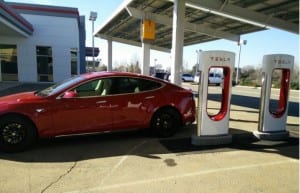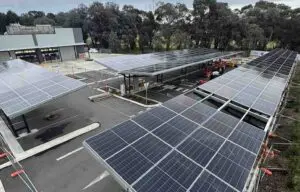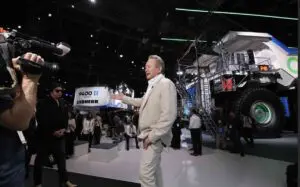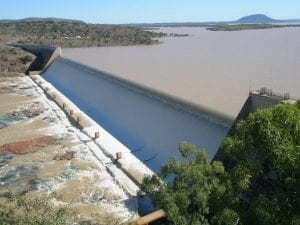The largest and fastest-growing car market in the world is going to ban the sale of new gasoline and diesel cars. China has announced plans to join the rapidly expanding list of countries with plans to phase out fossil fuel-burning cars, a list that includes the UK, France, Norway, and India.
“These measures will promote profound changes in the environment and give momentum to China’s auto industry development.”said vice minister of industry and information technology, Xin Guobi, at a recent Chinese forum on cars. China has moved swiftly to be the world’s largest producer and buyer of electric cars — motivated by a desire to reduce urban air pollution, greenhouse gas emissions, and oil imports.
“Some countries have made a timeline for when to stop the production and sales of traditional fuel cars,” and his ministry will do so “in the near future,” he said.
China manufactured and sold more than 28 million vehicles last year — and still only one in five Chinese people own a car, so China’s regulations have profound implications for the global car market. Foreign manufacturers are already racing to establish partnerships with Chinese companies to manufacture electric vehicles (EVs).
With subsidies up to 60 percent of an EV’s cost, Beijing has stimulated explosive growth in its EV market.
The soaring electric car market is a huge prize for whatever countries move fast enough to become world leaders.
“More than 37 million plug-in electric vehicles are expected to be in use in 2025,” Navigant Research projected in January. By then, we should expect EVs “to be cost competitive against conventional vehicles without subsidies,” making it probable that light-duty vehicles “will eventually be electric rather than any other alternative.”
Bloomberg New Energy Finance (BNEF) forecasts that EVs will keep dropping in price after 2025 until their initial cost is lower than gasoline or diesel cars. At the same time, EVs will be much cheaper to operate–with dramatically lower fueling costs, even running on renewable power, and much lower maintenance costs.
This price flip will lead to a sales flip, with EV sales exceeding 40 million a year by 2035, according to BNEF, after which they will surpass those of petrol-powered cars.
“Electric cars will outsell fossil fuel-powered vehicles within two decades as battery prices plunge,” BNEF projects. “turning the global auto industry upside down and signaling economic turmoil for oil-exporting countries.”
With its latest move, China is giving EVs their biggest ever, and ensuring they will be a dominate player for years to come. The only question that remains is whether the United States will adopt stronger EV policies fast enough to compete.
This article was originally published on Think Progress. Reproduced here with permission












